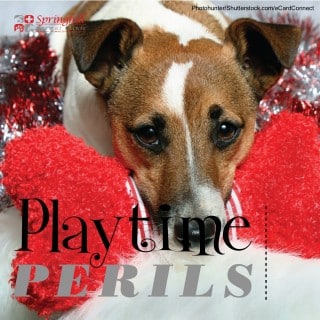A fall pregnancy check of your mares can pay dividends figuratively and literally. If fall pasture is poor, there is a shortage of good-quality hay for winter or feed prices are higher than normal, fall pregnancy checks can become crucial.
The initial pregnancy check should be done by us at 14 to 18 days after breeding, a point at which we can determine if the mare is carrying twins, a major cause of reabsorption and spontaneous abortions.
Though checked safe in foal at 45 to 60 days, up to 15 percent of broodmares lose their pregnancies by late fall each year. It is a good idea to recheck all mares in late August via ultrasound or palpation to make sure the pregnancy is still progressing normally. Waiting until later could mean losing time to determine the cause of a lost pregnancy, offer treatment or correction to any problems and rebreed the mare. This can mean an entire year is lost.
If a mare is found to have lost the pregnancy, as an owner you are then faced with the option of culling her from the herd or having further testing done to find the cause of the lost pregnancy followed by the sub-option of breeding her back if possible. Two factors weigh into these decisions for most breeders: Is the mare an economical producer and are her foals profitable?
Once you have confirmation of the mare being safe in foal, it’s time to protect your investment and help improve the odds of a healthy foal when spring arrives.
– Her body condition score should be at least five. If the broodmare is in moderate to fleshy condition, she will be better prepared to provide adequate milk and breed back quicker than thin mares.
– The mare’s nutritional requirements will increase greatly in the last trimester as the foal’s growth accelerates. Feed ration should be increased accordingly, as a healthy mare should gain (roughly) two-thirds of the weight in the three months leading up to foaling.
– Check the mare’s vaccination and deworming schedule.
Contact us if you have recently bred mares, have questions on a vaccination schedule or would like to set up a time to talk about the best ways to have a healthy foaling season.



